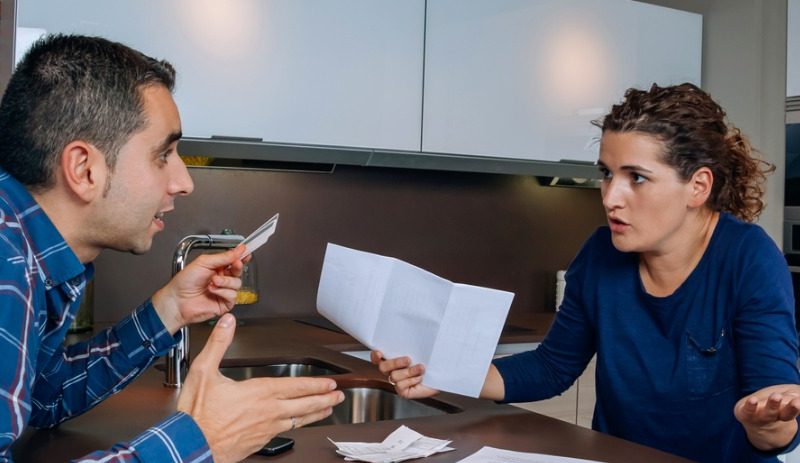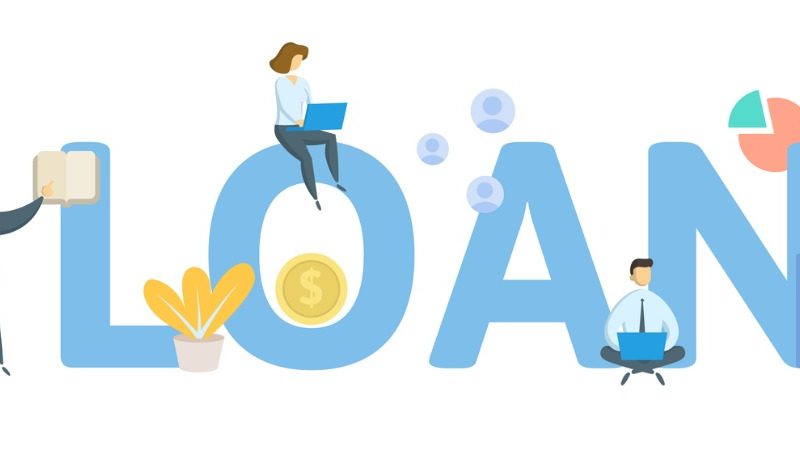How to pay off your debts in 3 easy steps


If you have debts, it can be a little overwhelming, and it’s probably something you avoid thinking about, which is totally understandable.
But the good news is, tackling your debts is easier than you think – it just takes a few simple steps to get started.
Here’s what you need to do to get on track:
1. Put it all out there (literally – cards on the table)
2. Identify your smallest debt
3. Automate your repayments
Putting your cards on the table
Right now, your debts aren’t going anywhere – in fact, they may even be growing. That’s why this first step is so important.
So take all your latest bills and statements for anything your owe, and put them on the table. Looking at them all at once will make it easier for you to get a sense of what you owe.
Identify your smallest debt
Next, let’s sort all your statements from smallest owing to largest owing. Then, number them from 1 to whatever – actually write a number in the top right-hand corner of each piece of paper. Number 1 is all you’re going to think about for now.
Grab a bit of paper and list your debts from smallest to largest and pop that in a folder with every bill except #1. That goes on your fridge, your bathroom mirror, or somewhere else you can see it.
You’re going to pay off your smallest debt first, and keep doing whatever it is you’re doing (even if it’s just paying off the minimum) with any other debts you may have.
However much money you have spare each week is going straight to that small debt, and before you know it, your smallest debt will be paid off. When it is paid off, move on to the next biggest debt, and so on.
Why this works
It’s called the snowball effect, and the idea is that the satisfaction you get from paying off the first debt motivates you to keep working on the next one. This is because each debt you pay off feels like a big achievement, inspiring you to keep going. It’s also much easier to focus on one thing (debt) at a time, so you’re unlikely to get overwhelmed and give up.
Disclaimer: The information provided in this email is general in nature and does not constitute personal financial advice. It has been prepared without taking into account your personal objectives, financial situation or needs. Before making any decisions, it is important for you to consider your personal situation and seek appropriate tax, legal and other professional advice.
- Post Tags:
- budgeting
- debt
- saving
- saving money
- spending
Credit Simple
Credit Simple gives all Kiwis free access to their credit score, as well as their detailed credit report. See how your credit score compares by age, gender and community and gain valuable insights into what it all means.
All stories by: Credit Simple

